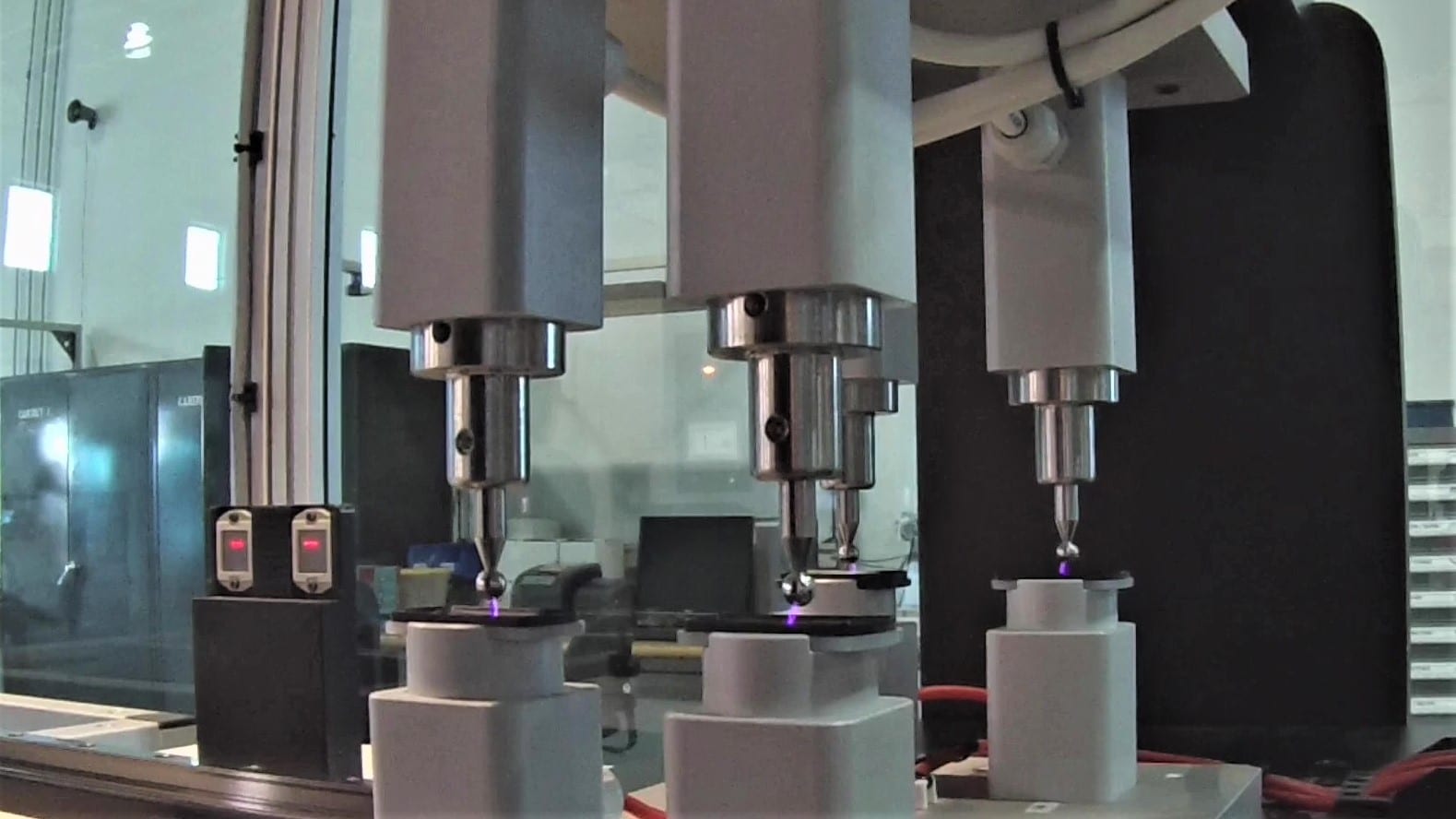LeakTEC Detects Micro Pinholes in Medical Equipment
MGS Manufacturing is a long-time customer of Tantec’s. Throughout the years, many Tantec systems have been deployed for MGS customers as part of four unique medical applications.
MGS uses Tantec’s LeakTEC tools for leak testing and to identify any micro-holes in the products they produce. We recently had a talk with Shawn Krenke, CTO and Senior Vice President of the Automation at MGS, who provided insight into the benefits of using Tantec’s High-Voltage Leak Testing tool, the LeakTEC, in their production.
Why High-Voltage Leak Testing Is Superior to Other Leak Tests
There are several ways to conduct a leak test on a product.
The more traditional ways of testing for leaks are through pressurizing or vacuum testing. But for some products, high-voltage leak testing could be the best way to identify leaks.
One of the main benefits is that the testing response time is fast. The result of the test is provided almost instantaneous, which is necessary when producing high volume consumable parts and cycle times are short, this is something MGS appreciates in their day-to-day business.
“When you deploy a pressure decay type leak test, you need to create a seal against the part, you need to fill the part with air and then need to stabilize for a given amount of time before you can evaluate for a leak,” Krenke says, and explains that pressure leak tests have longer cycle times when compared to a high-voltage test and a higher likelihood of failure.
“With pressurized testing, you are more vulnerable to false failures as your seal starts to deteriorate against the part. The leak might be between your testing seal and the product you’re testing, which is not optimal.”

Detect Micron-Size Pinholes with Confidence
For high-voltage leak testing, you don’t have to create a perfect seal. In fact, you don’t touch the parts at all.
High-voltage testing can test for much smaller pinholes than other testing methods can, and at speeds no other testing setup can match.
“Your test time with the other methods becomes very long to get the resolution required. Additionally, sometimes with pressure testing your environment may need to be precisely controlled for the sensitivity to accurately find the defects your testing for ,” Krenke explains, and continues:
“With high-voltage testing, we can detect very small micro-holes in parts. We are effective down to about two microns. High voltage is accurate for even smaller holes, but that is more than adequate to satisfy the test requirements for our current applications .”
Tantec’s LeakTEC technology using high voltage has been proven to be the right technology for meeting MGS’s needs.
LeakTEC is Fast and Economical for Large Production Volumes
A lot of the products MGS produces are high-volume. This means that cycle times need to be fast.
“We require a technology that can be done or conducted in a very short time-frame. With for example reagent strips that we produce we are testing five features on each part, and we are testing them right beside our 8-cavity molding press that is producing the parts,” Krenke explains.
“So, there’s basically 40 different unique areas that we’re testing with each cycle when we’re making those eight parts. And the cycle of the testing only takes about 1 second. Testing for 40 characteristics i 1 second is only achievable with a LeakTEC solution.”
In practice, MGS puts the eight parts onto a pallet that has electrodes underneath it. Then they can move the pallet underneath another set of fixed electrodes. They energize the fixed electrodes in a matter of milliseconds and then they are made aware of any leaks detected in those 40 areas. Krenke clarifies:
“This is all an automatic process, where a robotic arm both loads the test fixture, waits until the test is done and then separates the nonconforming product from the good parts.”
LeakTEC Proved to Have a Short Return on Investment
With the high production volume and the need to test 40 potential failure points, MGS has found the LeakTEC solution to be a good investment.
“When you, like us, need to test lots of areas it doesn’t matter if you are only testing for one point of failure instead of 40 — the costs will not be exponentially 40x like it could be for independent pressure decay channels,” Krenke explains, and continues:
On a one-off test basis, air might be slightly less expensive than high voltage, but it quickly goes the other way when you’re looking at more than once characteristic.”
We are happy to have helped MGS improve their production approach and decrease the time hardware costs spent on testing. We look forward to helping the ongoing development of a more efficient and streamlined production process.
Who is MGS?
MGS is a vertically integrated contract manufacturing partner. For decades MGS has delivered customized solutions that seamlessly leverage its world-class tooling, molding and automation capabilities. Serving customers in ways other manufacturers can’t, MGS designs, builds and integrates sophisticated tools and automation technologies
